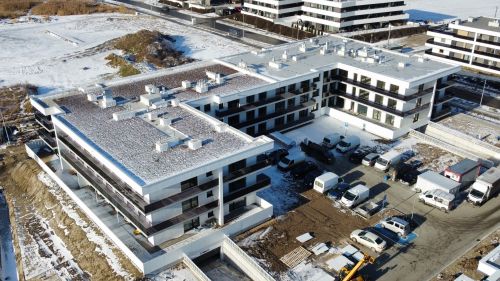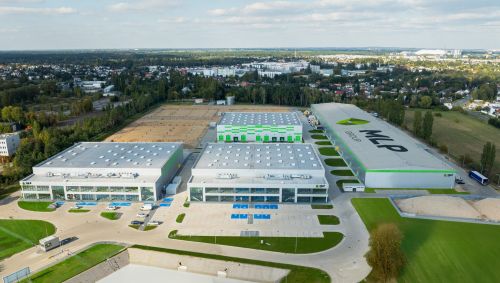They say that in business there are no free lunches. But why should you pay for lunch if you can buy an entire restaurant? The activity on the acquisition market seems to confirm that many parties are interested in doing this – that is, buying companies instead of properties – and there is no shortage of such ‘restaurants’ for sale. “According to the mid-December data there had been a total of 204 merger and acquisition transactions in Poland up to that point last year, which is app. 9 pct more than the whole of 2016. We expect that by the end of that year the number of transactions will have increased by 5 pct,” predicts Alicja Kukla -Kowalska, a key account manager at Fordata, which provides technical support for transactions. “There is still a long way to go to break the 2015 record of 247 transactions, but the trend is stable. The investment transactions in our local market are being encouraged by the low interest rates, while the economic

























































